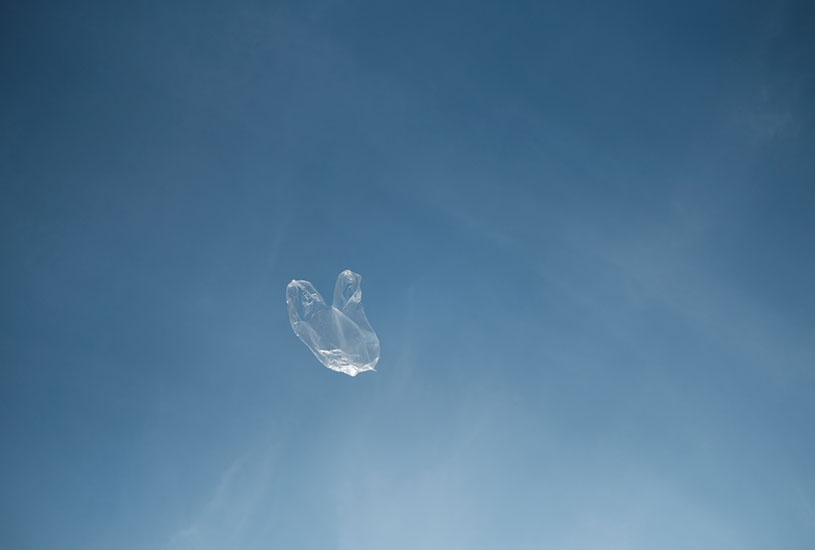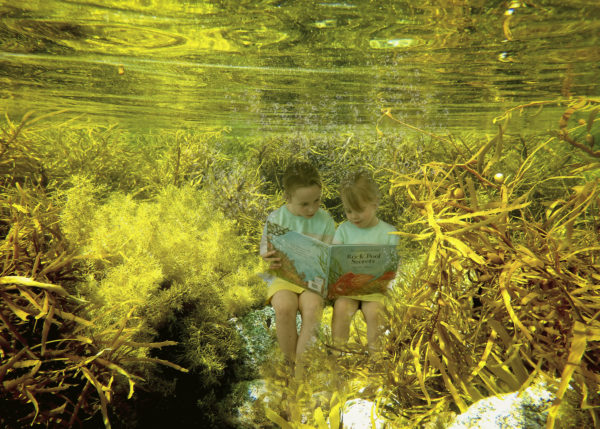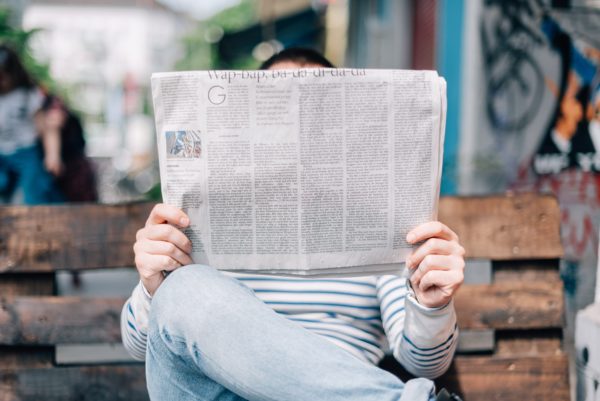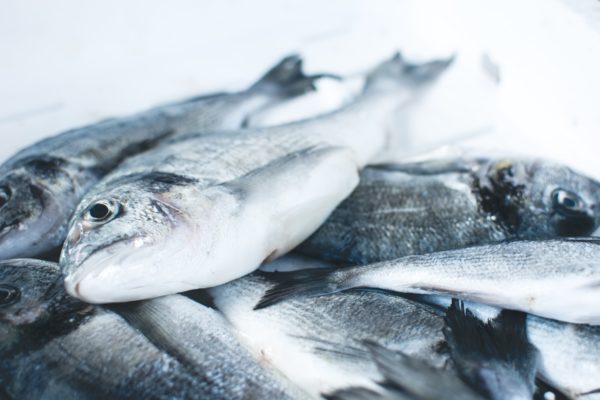A Deakin expert on waste management has called for further research into the pros and cons of banning plastic supermarket bags.
The recent decision by Coles and Woolworths to phase out single-use plastic shopping bags over the next twelve months has drawn both praise and criticism.
However, waste management expert Dr Trevor Thornton, from Deakin University’s School of Life and Environmental Sciences, believes not enough research has been done to support either point of view.
[testimonial_text]Supermarkets have been under a lot of pressure from community and environmental groups about the environmental damage caused by single-use plastic bags in terms of the resources used in their manufacture, litter and the amount of plastic bags in landfill, so this decision was probably inevitable.[/testimonial_text]
[testimonial_picture name=”Dr Trevor Thornton” details=”Waste management expert”]
 [/testimonial_picture]
[/testimonial_picture]But Dr Thornton said it was important to consider the full life-cycle of single use shopping bags, from manufacture to disposal, as well the environmental impacts of alternatives such as reusable bags made from heavier plastics.
“Simply banning a certain type of bag, while this may be a good idea in itself, could result in other knock-on impacts that are harder to manage,” he wrote in a recent Conversation article.
“Replacing shopping bags with heavier, more resource-intensive ones may solve some environmental impacts but exacerbate others.”
Existing research indicates that while banning plastic bags does have benefits for the environment it also has the effect of increasing the use of heavier plastic bags, which also has a negative environmental impact.
Other alternatives such as paper bags need to be reused at least four times to have less impact on the environment in terms of resource and energy use and greenhouse outcomes, according to a UK study cited by Dr Thornton.
For cotton bags, it’s 173 times. As for the green bags bought at supermarkets, an Australian study found that if they are used fewer than 52 times then their impact on global warming is greater than single-use plastic bags.
“We need to conduct proper life-cycle analysis on single-use plastic bags and their alternatives and compare the results to find the best option,” Dr Thornton said.
It was also important to educate the community on the impact of reusing and recycling single-use plastic bags and their alternatives, Dr Thornton said.
“We need to put some resources into education, so people can make decisions based on facts, not emotions.
“People need to know which type of bag is better based on how many times it needs to be used to deliver a benefit to the environment, what resources are used in its production and the environmental impact of its disposal.”
Dr Thornton said he was not against the banning of single-use plastic bags.
“The thing is that we don’t know whether it’s a good or bad option compared to the alternatives because not enough research has been carried out,” he said.
“I’m concerned the decision has been made based on limited information.”
Published by Deakin Research 25 July 2017.



